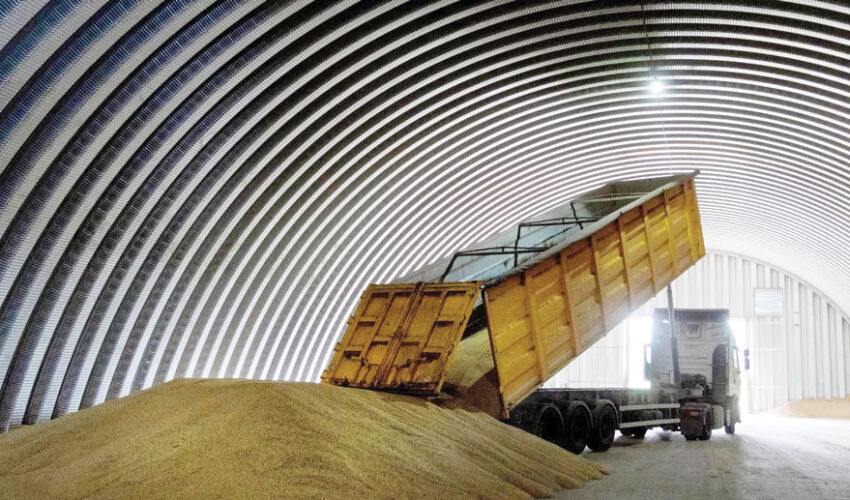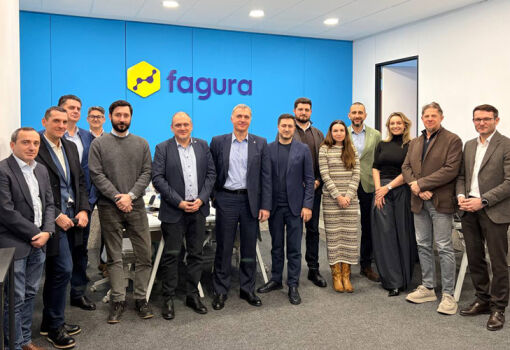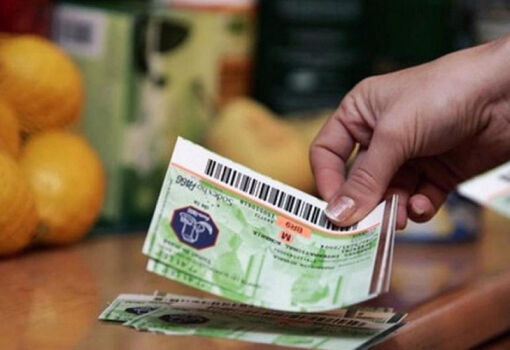
The European Commission is preparing for a possible “no deal” scenario in negotiations on a future free trade agreement with Ukraine as time slips away and the current scheme expires on June 5.
“Time is limited, so we are also exploring potential transitional measures in case the Deep and Comprehensive Free Trade Area (DCFTA)negotiations are not concluded by June 6, ” a European Commission spokesperson said. – These potential measures are now also being discussed with Ukrainian counterparts. I am not saying that transitional measures will necessarily be needed. I am saying that we are preparing for this possibility, and I think everyone agrees that a responsible European Commission should do so”.
Trade between the EU and Ukraine is currently conducted under autonomous trade measures (ATM), which temporarily suspend all duties and quotas on Ukrainian agricultural exports. This system was introduced in response to Russia’s full-scale invasion of Ukraine in 2022.
The ATM scheme, which has already been extended once, expires in June and cannot be renewed again. The European Commission has repeatedly stated that it has no intention of extending the ATM scheme beyond that date.
The existing agreement has faced opposition from some EU member states, notably France and Poland, where farmers are protesting against an influx of Ukrainian agricultural imports after the removal of trade barriers.
Therefore, a formal free trade agreement is needed to replace the existing system.
“Our priority is to work on the revision of the DCFTA between Ukraine and the EU, ” the European Commission spokesman said.
However, agriculture remains the most sensitive issue. European Commissioner for Agriculture Christoph Hansen recently emphasized that future trade agreements will not include the same level of quotas and imports that were allowed under the ATM.
Ukraine, on the other hand, hopes to maintain the current level of access.
“We would like to start negotiations with our partners in the European Commission to preserve the existing level of cooperation and to enshrine it in a new agreement, ” Ukrainian Prime Minister Denis Shmygal said during a visit to Brussels last month.
The EU’s aim is to ensure long-term predictability and stability for operators both in the EU and Ukraine, a European Commission spokesman said. “This will strengthen the prospect of Ukraine’s gradual progress towards EU accession and will also address sensitivities on our part, in particular in the agri-food sector, ” he said.
Nevertheless, the EU is in no hurry. “Everything will be ready when it is ready, ” the representative said, emphasizing that consultations with member states still need to be held and noting that the change of leadership in the European Commission also affected the timing.
“These things cannot always move as quickly as we would like,” – he concluded .
Gerardo Fortuna,
Euronewsreporter
© Euronews






